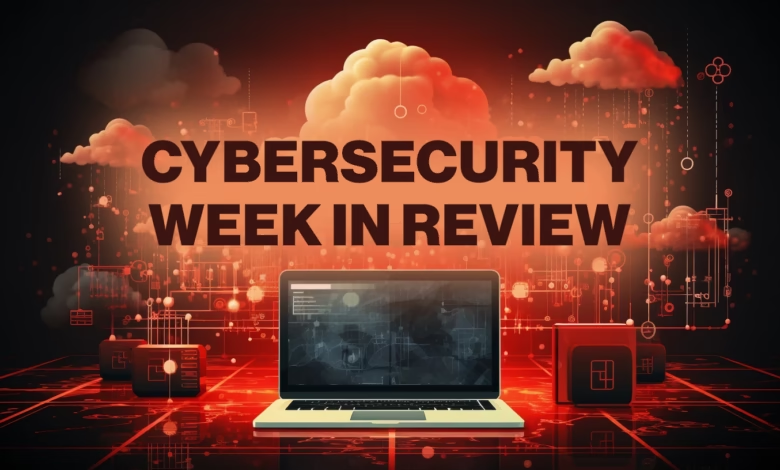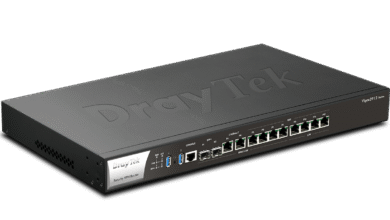Critical Linux backdoor & WinRAR flaw patched this week

▼ Summary
– SecurityScorecard discovered a stealthy backdoor named LapDogs in compromised SOHO Linux devices, posing a significant security risk.
– A critical WinRAR vulnerability (CVE-2025-6218) was patched, allowing remote attackers to execute arbitrary code on affected systems.
– A flaw in the Notepad++ installer (CVE-2025-49144) could let unprivileged users gain SYSTEM-level privileges through insecure search paths.
– Microsoft confirmed Windows 10 users can receive free security updates until 2026 via the Extended Security Updates (ESU) program.
– Cybercriminals are industrializing money mule operations using AI, automation, and social engineering, as highlighted by ThreatMark’s CEO.
Recent cybersecurity threats demand urgent attention as critical vulnerabilities emerge across popular platforms, putting businesses and individuals at risk. Security teams must act quickly to patch systems and implement protective measures against these evolving dangers.
Researchers recently discovered a stealthy backdoor hidden in Linux-powered SOHO devices, dubbed LapDogs by SecurityScorecard’s STRIKE team. This sophisticated attack vector compromises small office and home networks, allowing unauthorized access to sensitive data.
A high-risk remote code execution flaw in WinRAR (CVE-2025-6218) has been patched, but users must update immediately. Attackers could exploit this directory traversal vulnerability to run malicious code on vulnerable systems. Delaying updates leaves networks exposed to potential breaches.
Cybercriminals continue refining their tactics, with Notepad++ installer vulnerabilities (CVE-2025-49144) enabling privilege escalation to SYSTEM-level access. Meanwhile, trojanized versions of SonicWall’s NetExtender VPN client circulate on spoofed websites, harvesting credentials from unsuspecting users.
The financial sector faces growing threats from organized money mule networks, now operating with corporate-like hierarchies. These criminal enterprises leverage AI and automation to streamline fraudulent transactions, making detection increasingly difficult.
For Windows 10 users, Microsoft offers extended security updates until 2026, providing critical protection as the OS reaches end-of-support. Organizations should evaluate migration plans while utilizing this temporary safeguard.
Cryptocurrency platforms suffered targeted compromises, with CoinMarketCap and Cointelegraph serving malicious pop-ups designed to drain digital wallets. These incidents highlight the need for enhanced web application security and user awareness training.
Critical infrastructure remains vulnerable, as evidenced by Citrix’s emergency patch for NetScaler (CVE-2025-5777), recalling last year’s widespread CitrixBleed exploits. Healthcare systems also report rising attacks on medical devices, disrupting patient care and hospital operations.
Emerging threats like ClickFix attacks surged over 500% in early 2025, while quantum computing risks transition from theoretical to immediate concerns. Security teams must adapt strategies to address these evolving challenges.
On the defensive front, FIDO security keys gain traction as robust authentication solutions, while open-source tools like Reconmap help streamline penetration testing workflows. Google’s release of Gemini CLI brings AI-powered development tools to security researchers, though data privacy concerns persist around major LLM platforms.
The cybersecurity job market remains active, with diverse opportunities across threat analysis, risk management, and defensive operations. Organizations continue seeking skilled professionals to combat increasingly sophisticated threats targeting every industry sector.
(Source: HelpNet Security)





